Speaking to the the Los Angeles Times on December 7, 1978, Ayatollah Ruhollah Khomeini, the founder of the Islamic Revolution, claimed: “We must establish banks that do not charge interest rates. We do not permit interest rates.”
In numerous interviews and speeches, Khomeini promised that interest-free banking would be established in the Islamic system. Condemning usury, the practice of lending money at unreasonably high interest rates, Khomeini said: “Those who practice usury declare war on God and the Prophet [Muhammad]. ... [usury] is worse than committing seventy incestuous acts of adultery with one's aunt, with one's sister. And if usury exists, God forbid, in a country like ours, in its banks, in its trade, among its people, we cannot say that our Republic is Islamic.”
Khomeini added: “If banking as it is elsewhere becomes popular [in Iran], people will stay out of industry ... they will sit at home and let their money work for them, but money should not work.” On April 3, 1982, Khomeini emphasized to members of the Islamic Republic Party that “Our banks must pay attention that today, a bank is an Islamic bank, not a bank from [Pahlavi monarchy] era.”
Did the Islamic Republic establish interest-free banking and revolutionize banking as promised by Ayatollah Khomeini? Were loans and bank services made interest-free?
Interest-free Banking
Following Khomeini's order to establish interest-free banking, in 1983, Iran’s parliament approved the first law on “interest-free banking operations.” In addition to emphasizing interest-free deposits, the law also recognized long-term investment deposits so that banks could receive people's money and pay interest as a partnership profit. The law states:
Article 3: Banks may accept deposits in any of the following situations:
A. Interest-free deposits:
1. Checking
2. Savings
3. Term investment deposits.
Note: A bank is allowed to use term investment deposits in general and limited partnerships, rent to own, instalment transactions, farming, sharecropping, direct investment, futures ...
Article 4: Banks are required to repay the principal of interest-free deposits (savings and checking) and can commit or insure the principal of term investment deposits.
Article 5: The profits from transactions mentioned in the note of Article 3 of this law will be divided, based on the contract, in proportion to the duration and amounts of investment deposits and considering the share of bank resources in proportion to the duration and amount of total funds used in the transaction.
Article 6: In order to attract deposits, banks can grant incentives to depositors by adopting incentive methods: A. Granting non-fixed cash or non-cash prizes for interest-free deposits. B. Discounts or exemptions for depositors from paying fees and charges. C. Giving priority to depositors to use the bank's lending services.
But rather than implementing usury-free banking, the term “interest-free” was added to the law and interest was replaced by “partnership profit.” As a result, during 42 years of the Islamic Republic, one of the hot debates in the economics sector and a frequent debate in parliament has always revolved around “usury-free banking.”
Members of parliament have repeatedly presented and approved plans to reform the banking system and establish usury-free banking. The latest example was the approval of the usury-free banking law, passed in the current parliament, and the banning of interest fees on late fines and other fees. This means that banks were not only receiving interest on loans but also charging interest for late payments as well: “compound interest.” Parliament banned the receipt of compound dividends in 2020 and the relevant directive was set to banks by the Central Bank of the Islamic Republic.
Deposit Interest and Loan interest
Deposit interest rates have fluctuated in recent years. A look at financial and banking services shows that in the Islamic Republic, banks pay a minimum of 15% and a maximum of 20% to depositors.
And just as banks pay interests to depositors, they also receive interest on loans given to legal entities and individuals. In a report on interest rates of banking services, the Central Bank stated: “Until 2006 and in the policy on bank interest rates, there was no clear distinction between the interest rates of non-partnership and partnership contracts and the announced rates were mainly differentiated by economic sectors. But following the approval of the ‘Law on Rationalization of Bank Interest Rates in Ratio to the Rate of Return in Different Economic Sectors,’ separate interest rates for non-partnership and partnership contracts have been announced to the banks by the monetary policy maker. Moreover, since 1984 and according to the ‘usury-free [interest-free] banking operations’ law, banks have been required to pay interest to all economic sectors in non-partnership and partnership contracts. Therefore, the phrase “minimum expected interest rate in partnership contracts,” which is used in the title of the table, can be used for all years.” In fact, the MPs required banks to rationalize the interest with use of the loan.
Banks in the Islamic Republic receive between 4 to 25 percent interest on loans they provide to individuals and legal entities. Banks also offer interest-free loans – but most of their loans are granted with high interest rates.
Interest Rates in the Islamic Republic Compared to Other Countries
Iran is among the world’s top ten countries in the world for its high banking interest rates. The Trading Economics report shows that Iran, with 18 percent interest rates, is eighth after Venezuela, Argentina, Zimbabwe, Yemen, Liberia, Suriname and Congo. And among the 25 richest countries in the world, according to the website Rich Country Reports, Iran has the highest bank interest rates. Nigeria follows with 13.5% and Pakistan with 13.25%. Western and non-Muslim countries, on the other hand, have the lowest bank interest rates.
You can find out more about our fact-checking methodology here.
visit the accountability section
In this section of Iran Wire, you can contact the officials and launch your campaign for various problems





![Condemning usury, the practice of lending money at unreasonably high interest rates, Khomeini said: “Those who practice usury declare war on God and the Prophet [Muhammad]." Condemning usury, the practice of lending money at unreasonably high interest rates, Khomeini said: “Those who practice usury declare war on God and the Prophet [Muhammad]."](https://static.prod.iranwire.com/_versions_jpg/filer_public/15/42/15424fe8-478f-43fa-993a-37378f292dfc/04jpg__930x510_q85_box-001024530_crop_subsampling-2_upscale__v516x270__.jpg)



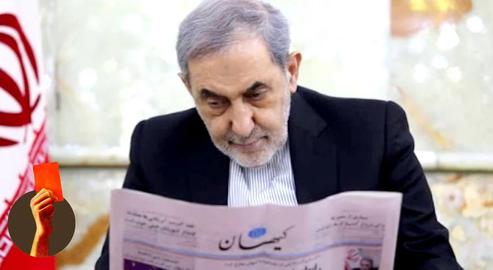

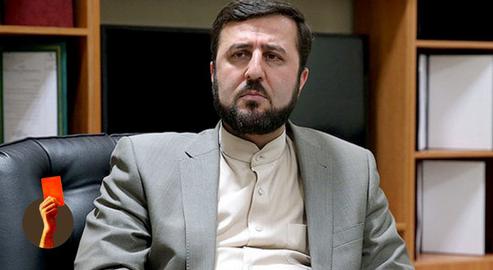
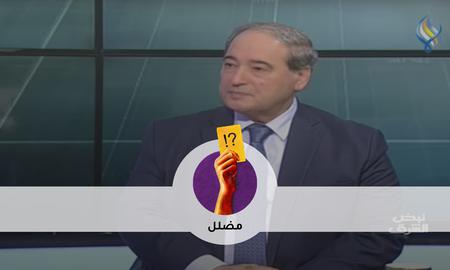
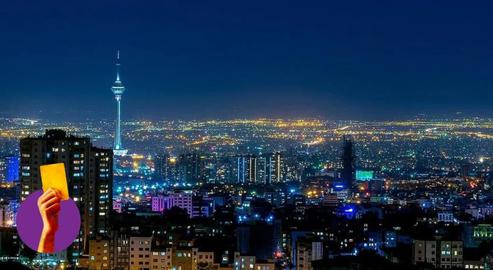
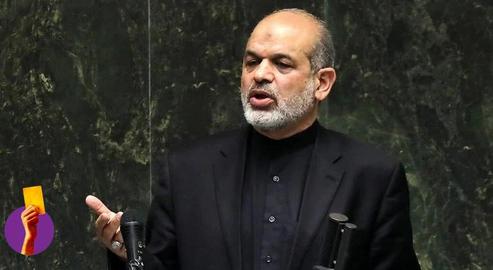
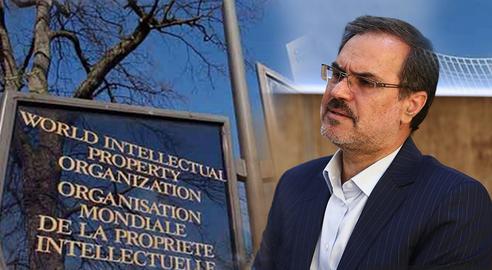

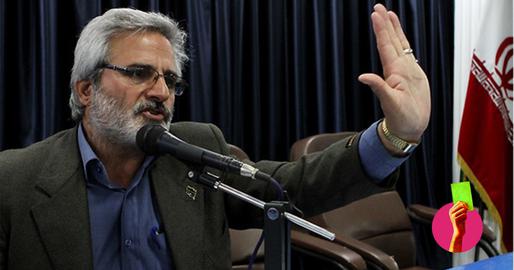
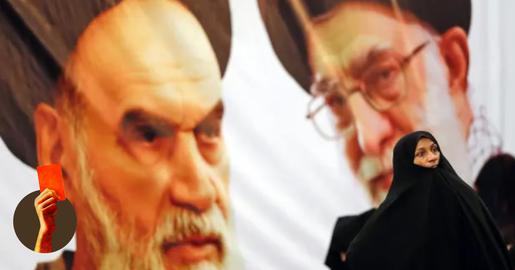
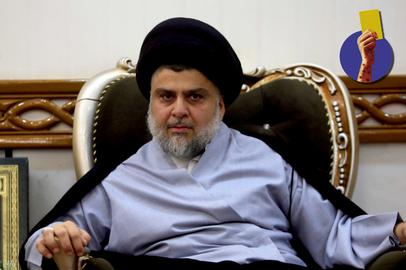
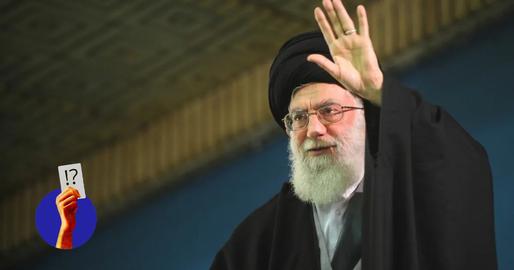

comments